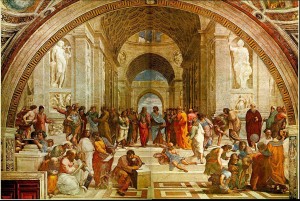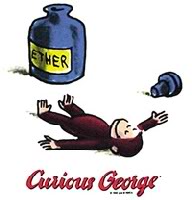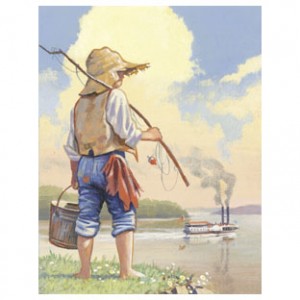Abby Goodnough writes in the New York Times about a charter school in Springfield, Mass, where Thomas Wartenberg and students from Mount Holyoke College use classic children’s books as a springboard for philosophical discussions. Bravo! Stories take children into counterfactuals worlds, challenging them to explore the perils and possibilities that authors have described in response to that great question “What if?” In another post, I described the work of Alison Gopnik and how she views children as philosophers, scientists, and explorers who use their curiosity about the world not only to make discoveries but also to envision how things might be, could be, and should be.
Professor Wartenberg describes the upside to the philosophy lessons, and the children in the Springfield school are already wonderfully wise, as they reveal when asked to explain why they like philosophy.
It’s giving kids a way to figure out what they think, support their own views and reason with one another,” [Wartenberg] says. “So I can’t imagine this isn’t helping them on standardized tests.”
But the pupils in Ms. Runquist’s class said they liked philosophy because it involved reading good books and expressing themselves.
“We can say things about what we believe and stuff,” a girl named Autumn said. “It’s what we feel and what we think.”
http://www.nytimes.com/2010/04/18/education/edlife/18philosophy-t.html?pagewanted=1


